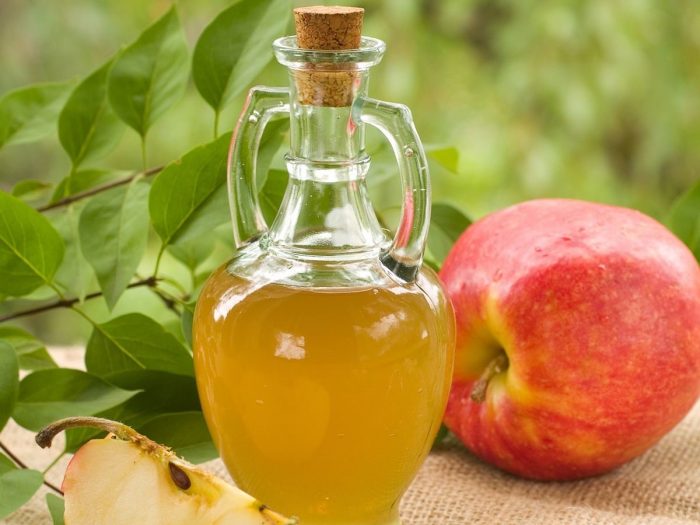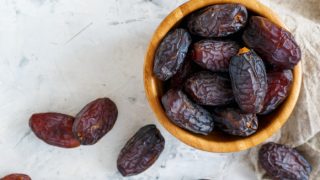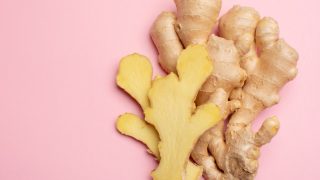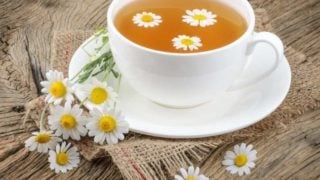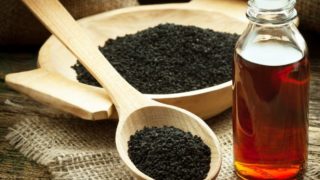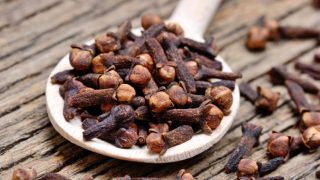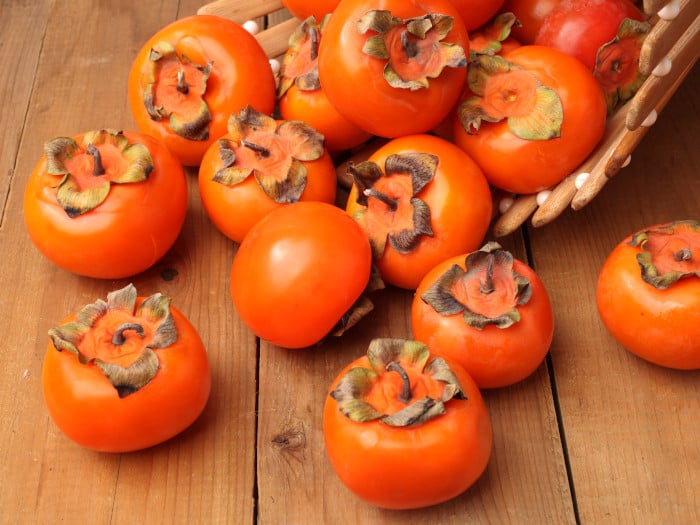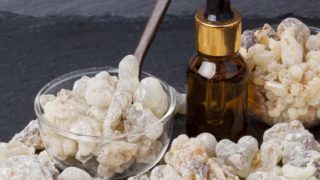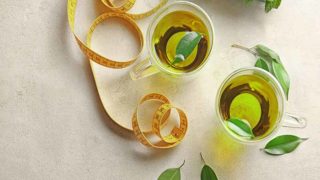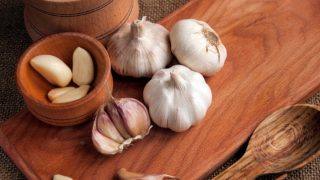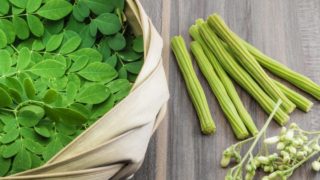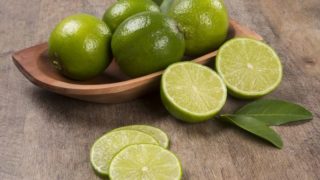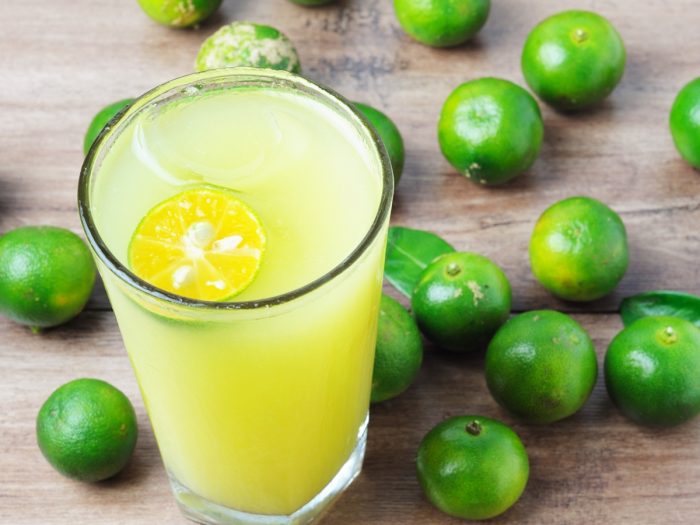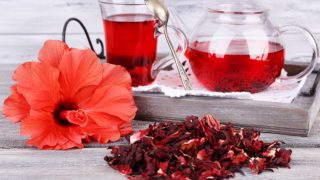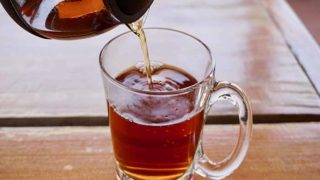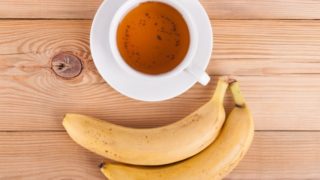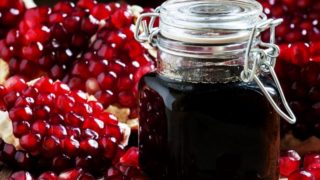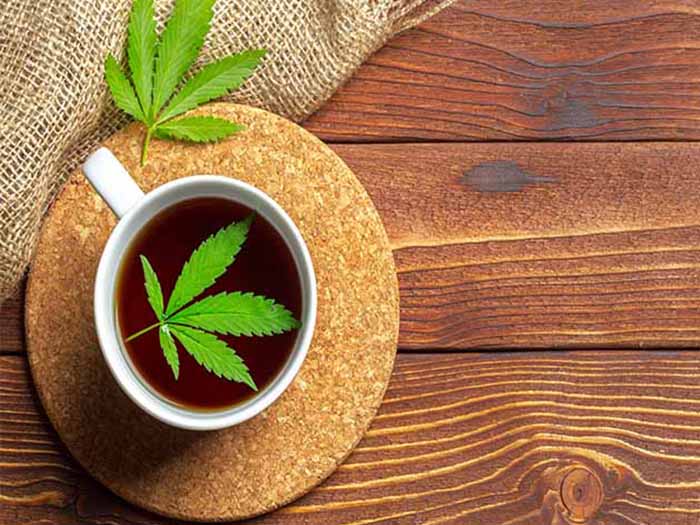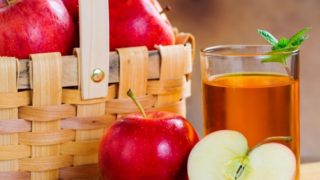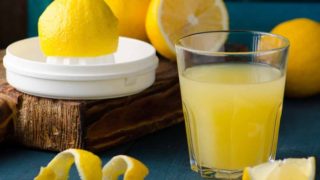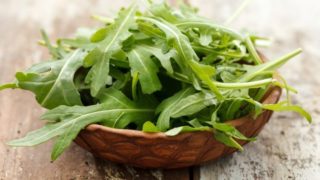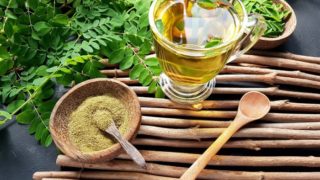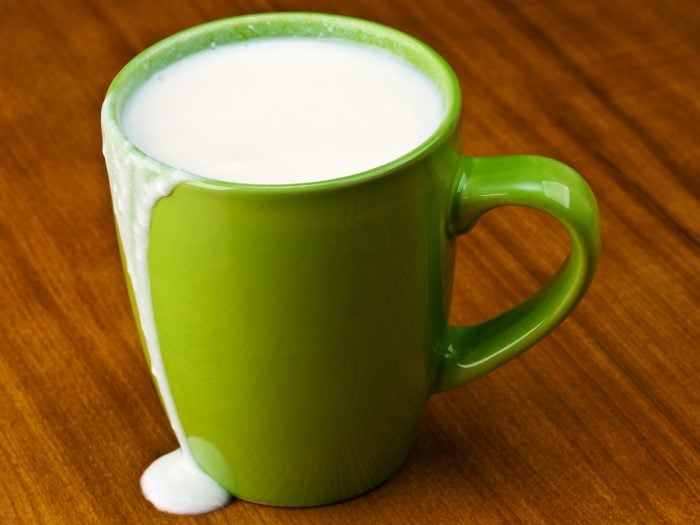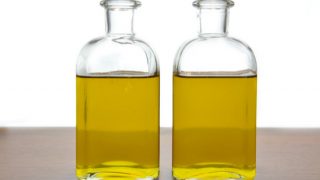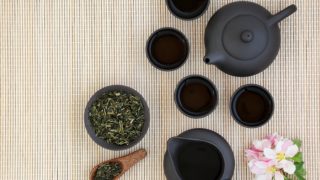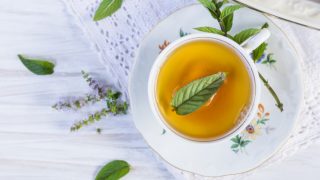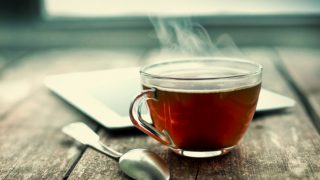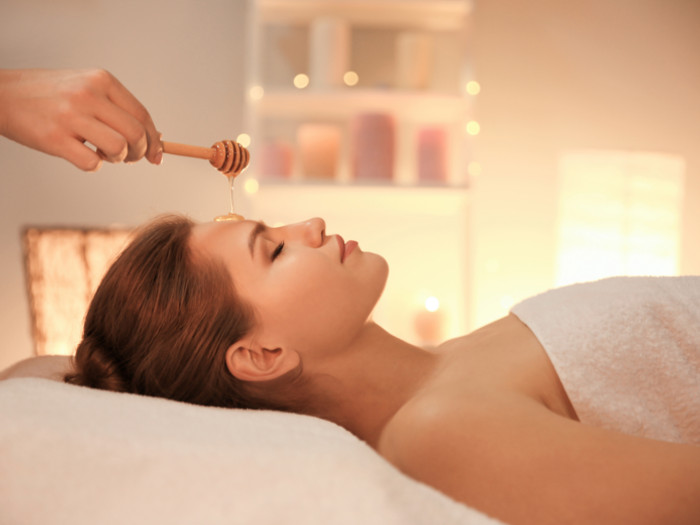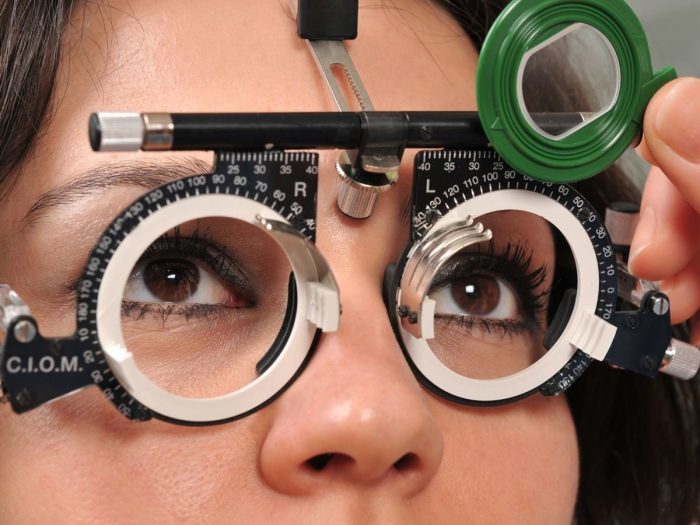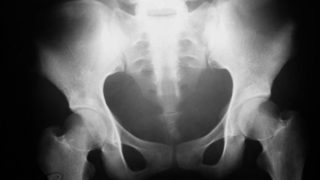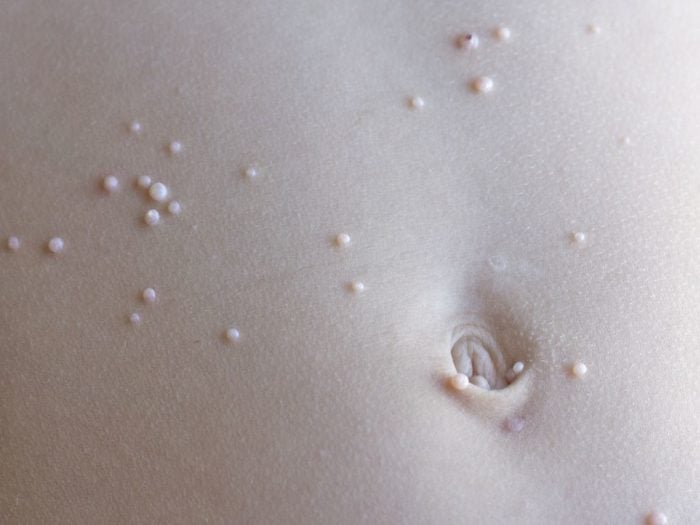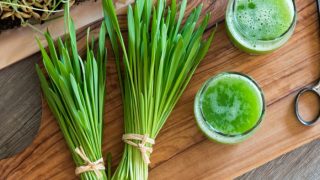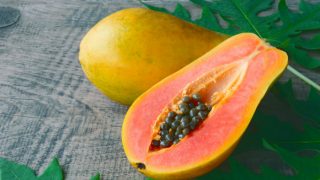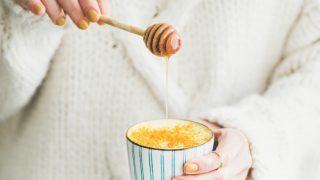Apple cider vinegar (ACV) offers impressive health benefits, including regulating blood sugar levels, boosting weight loss, and improving gut health. It is also known to lower cholesterol levels, enhance skin health, and provide detoxification benefits. ACV is a versatile household remedy and supports overall wellness when used in daily health routines. Apple cider vinegar is a type of vinegar made from ripe, freshly crushed, apples. The apples are fermented and passed through a rigorous
Dates, the fruits of the date palm tree, are not only culturally significant but are also nutritional powerhouses. They are packed with natural sugars, fiber, and essential minerals like iron. Dates boost brain health, improve digestion, and even promote natural labor in expectant mothers. Whether you are enjoying Medjool or Ajwa varieties, dates offer a rich flavor and a wealth of health benefits, including combatting oxidative stress and inflammation. Dates are the sweet, chewy fruit
Ginger is a spice with potential anti-inflammatory properties. The top health benefits of ginger may include its ability to help relieve nausea and pain, improve respiratory conditions, and reduce flatulence. Ginger also helps boost bone health, strengthen the immune system, and increase appetite. This spicy root is also good for mitigating obesity and relieving the pain related to menstrual disorders. Ginger, also known as Zingiber officinale, is a flowering plant, whose root or rhizome
Chamomile tea, a tranquil brew derived from the Asteraceae plant family, has been a cherished remedy across ages. Known for its gentle floral essence and a myriad of health benefits, this calming infusion offers a serene reprieve from daily stresses. As we delve into modern-day wellness, chamomile tea emerges as a soothing companion, promising better sleep, eased digestion, and a gentle touch during menstrual discomfort. Let's explore the comforting realm of chamomile tea and its potential to
For a majority of people, losing weight is rather difficult. There could be several reasons such as hormonal imbalance, unhealthy eating habits, sedentary lifestyle, sleep deprivation, stress, slow metabolism, genetics, or even a lack of motivation. Well, there are many ways for shedding those extra kilos, which include, cardio and strength training, having a well-balanced diet that includes more fruits and vegetables and less processed food, cutting down on sugar and high-glycemic index (GI)
The use of black seed oil for weight loss is an effective way to boost metabolism and curb appetite. Black seed oil is derived from black cumin seed, also known as fennel flower or black caraway, among others. The oil can be pressed or extracted from the seeds and is a dense source of volatile compounds and acids, including linoleic, oleic, palmitic, and myristic acids, among other powerful antioxidants. This oil is known to have many effects on the body, when used in moderation,
Embarking on a weight loss journey? Consider the natural sweetness of honey as your ally! Honey, unlike refined sugar, is not just empty calories. It's packed with nutrients that can assist in weight loss when used judiciously. This blog delves into how honey can be beneficial for those aiming to shed pounds. From boosting metabolism with its amino acids and minerals to potentially aiding liver function and regulating blood sugar levels, honey offers a healthier alternative to sugar. Discover
Cloves, the aromatic flower buds, have long been used not only as a culinary ingredient but also as a medicinal powerhouse. Known for their ability to detoxify the body, cloves improve digestion, reduce inflammation, and provide antimicrobial protection. From enhancing flavor to treating various ailments, cloves offer a rich blend of health benefits, including the preparation of clove water for specific uses like boosting immunity. Cloves are the small, aromatic flower buds of the evergreen
Persimmons are delicious, exotic fruits that have a wealth of health benefits packed inside them. They are more than just a sweet and tasty treat; they have health benefits which may include ability to improve eye health, reduce signs of aging, improve digestion, boost your immune system, lower blood pressure, and take care of your skin. Furthermore, they can help reduce inflammation and increase blood circulation throughout the body. Persimmons are orange or reddish-brown colored fruits,
The health benefits of frankincense essential oil can be attributed to its properties as an antiseptic, disinfectant, astringent, carminative, cicatrizant, cytophylactic, digestive, diuretic, emmenagogue, expectorant, sedative, tonic, uterine, and a vulnerary substance. Apart from being used as a cosmetic and a fragrance, frankincense oil has many medicinal uses and health benefits such as reducing stress, boosting immunity, improving skin health, and promoting memory. Frankincense oil
Drinking weight loss tea can be an excellent way to supplement your dietary restrictions and exercise regimen if you're serious about shedding pounds. Tea comes in many different varieties, based on how they are dried and prepared, but the majority of actual tea comes from the Camellia sinensis plant, which is native to Asia, primarily China and India. Tea is an extremely powerful beverage, as it can aid in many different health concerns, from heart health to energy levels and weight loss! The
Garlic is a strong-smelling, flavoring herb noted for its many health benefits. It contains a powerful compound called allicin that can help to lower cholesterol. The health benefits of garlic may include easing the symptoms of the common cold, lowering blood pressure, and reducing the risk of heart ailments as well as neurodegenerative disorders. The purpose of a garlic clove is aplenty. Right from cooking purposes to medicinal uses, it is truly an all-rounder when it comes to choosing to
Most Viewed Video
Dates are well-known around the world for their sweet and delectable flavor and also for their high nutritional value. In this video, we will talk about the 9 Surprising benefits of dates that will help improve your health in many wonderful ways!
Organic Facts Videos is the audio-visual wing of your favorite Health & Nutrition website. Subscribe to our YouTube channel “Organic Facts” to never miss a video.
Kid social media influencers are promoting junk food and sugar-filled beverages in their YouTube videos, and they are garnering more than a billion views, according to a new study published in the Pediatrics journal. The researchers at NYU School of Global Public Health and NYU Grossman School of Medicine warn that these popular YouTube videos use simple product placement techniques of unhealthy foods, blurring the line between advertisement and entertainment. "The allure of YouTube may be
We know that music, particularly musical training can improve the functioning of the brain. But the precise reasons behind this are less known. Now a new study, published in Frontiers of Neuroscience shows how the underlying brain network works when we learn to play an instrument. The study also revealed new evidence on the effectiveness of musical training in improving the executive functioning of our brain, specifically attention and working memory (WM). To understand how playing an
COVID-19 shows a wide range of manifestations among those affected. While some show severe symptoms, many remain asymptomatic. A study carried out by the Howard Hughes Medical Institute shed clarity on why these cases are so variable. It revealed how a subset of patients with an affected immune system shows a severe form of the disease. Published under two papers in the journal Science, the study narrowed down two sets of patients with a specific make-up in their immunity system. The
An online psychological test of university students in Italy during the COVID-19 outbreak revealed that all of them were in the clinical range for stress and anxiety. This assessment was completed during a pre-intervention stage of a study on the effects on mind-body intervention for students in week four of quarantine in Italy. Furthermore, the study conducted by the University of Salerno, Italy, published in the Frontiers of Psychology journal, found that the negative affect, which implies
Top Stories
Lime is a citrus fruit packed with vitamin C and antioxidants, supporting immune function, improving digestion, and promoting skin health. It helps with weight management, reduces respiratory disorders, and enhances overall wellness. Lime can also be used to treat conditions such as scurvy, peptic ulcers, and skin issues. Lime (Citrus aurantifolia) is a small, round, green-color hybrid citrus fruit. Due to its acidic sour juice and unique aroma, the lime fruit is widely used in various
Moringa, a plant native to India, is rich in antioxidants and nutrients and its powerful health benefits include its ability to protect the liver, fight inflammation, and lower cholesterol. Moringa extract and powder can help give relief from stomach disorders, allergies, and edema. In Ayurvedic therapy, it is valued for its range of therapeutic uses, commonly attributed to its antifungal, antiviral, antidepressant, and anti-inflammatory properties. In some areas, it is simply known as
The health benefits of can be lime numerous which may include weight loss, improved digestion, reduced respiratory disorders, enhanced immunity, and relief from constipation. Lime may also be used in the treatment of scurvy, piles, peptic ulcer, gout, and gums. It also might aid in skin care, hair care, and eye care. Lime (Citrus aurantifolia) is a small, round, green-color hybrid citrus fruit. Due to its acidic sour juice and unique aroma, the lime fruit is widely used in various cuisines
Papaya, a tropical fruit cherished for its sweet taste, offers more than just flavor. Native to the Americas and widely cultivated in tropical and subtropical regions, papaya, is a powerhouse of health benefits. Packed with essential nutrients, it supports digestion, boosts immunity, and promotes heart health. The versatile papaya is not only a delightful addition to meals but also serves various uses, from dietary supplements to cosmetic products. This blog explores the nutritional wealth of
Drinking calamansi juice is a very popular practice in certain parts of Asia, due to its detoxifying ability on the body, the availability of the fruit, the tart, and the unique flavor of the juice. Calamansi juice is derived from the calamansi fruit, a variety of citrus fruit commonly called golden lime. Calamansi is also known as calamondin or Philippine lime, and scientifically known as Citrofortunella macrocarpa. The fruit is a hybrid of a member of the citrus genus, that is to say,
The health benefits of hibiscus tea might include blood pressure management, improved liver health, and management of cholesterol. It may also help in improving immunity. Not just that but research suggests that hibiscus tea may speed up metabolism and can aid in healthy, gradual weight loss. This tea is rich in vitamin C, minerals, and antioxidants Hibiscus tea, often referred to as Agua de Jamaica, is a vibrant ruby red or deep magenta beverage made by boiling parts of the hibiscus
Palo Azul tea is a popular South American beverage, but its unique nutritional profile and health benefits have caused it to rise in popularity in recent years in other parts of the world as well. Palo Azul tea is an herbal diuretic tea brewed with the bark of the Palo Azul plant, scientifically known as Eysenhardtia polystachya. Also known as kidneywood, this herb has been used in traditional medicine for thousands of years, and the bark is known to contain some very unique nutrients. When
Banana tea may sound like a combination of two unrelated culinary items, but it is surprisingly delicious. It has recently acquired popularity as a sleeping aid. Many people believe that banana tea, taken at bedtime, can help soothe nerves and promote sleep. It can be packed with other benefits, such as improving one’s mood, benefiting heart health, and managing weight loss. Often made along with the peel, the banana peel tea is even more potent. It uses the nutrient-rich peels of the
Pomegranate molasses is made by reducing pomegranate juice into a thick syrup. It is used as a dressing, sauce, or in drinks, tagines, desserts, and more. You will mostly see pomegranate molasses being used in Middle Eastern, African and Mediterranean cooking, usually to give the dishes a sweet and sour taste. This tart, thick, ruby red syrup requires only three ingredients, a bit of effort, and a lot of patience. Here's how you can go about it. How To Make Pomegranate
Cannabis tea, also known by other names, such as weed tea, ganja tea, and marijuana tea, is a simple and soothing way to consume weed. However, it is not as simple as just throwing in the buds of weed into hot water and then bringing it to a boil. It requires precision and the right recipe for the required effect. This tea, when prepared correctly, is known to have a longer-lasting effect when compared to smoking weed – and it takes around 30 to 40 minutes to kick in. Given patience and
Homemade apple juices are way more beneficial than the fizzy overly sweet apple juices found in the market. Although unpasteurized, homemade apple juice is packed with antioxidants and vitamin C. One glass of apple juice can help boost immunity, cure constipation, induce weight loss, and boost skin health. Here is a step-by-step guide to making apple juice at home. How To Make Apple Juice A glass of apple juice a day keeps the doctor away! 8-10 apples2 tsp cinnamon
If you want to learn how to make lemon juice, you need just three ingredients - lemon, sugar, and water. It's a simple recipe but a handy one. So let's learn how to juice a lemon and how to make home-made lemon juice! How To Make Lemon Juice Lemon juice has amazing health benefits! 1 lemon1 cup water1 tspn sugar ((optional)) Cut the lemon lengthwise to extract the maximum juice. There are different ways you can juice a lemon. You can use a lemon squeezer or a hand-held
Arugula is somewhat the underdog of the cruciferous family. No one knows its potential until they try it out. Its health benefits may include weight loss, healthy bones, and improved eyesight. This plant has antioxidant properties and is also good for the skin. It also helps in boosting the brain, improving metabolic functions, mineral absorption, and boosting the immune system. Arugula is a leafy green plant that is popularly used in salads. Arugula has several names, depending upon where
There are benefits to drinking antioxidant-rich moringa tea on a daily basis, some of which is said to include its unique ability to assist in weight loss, reduce inflammation, speed healing, aid in digestion, and enhance energy levels. This nourishing drink may also give relief to people who suffer from a number of conditions, including arthritis, gout, stomach upset, diarrhea, nausea, and even the common cold. Moringa tea is a beverage made by steeping dried moringa leaves in hot
Many a time, if you are looking forward to baking, you may need sour milk. It is also used as a substitute for buttermilk and a starter for cheese and yogurt. Making sour milk is quite easy and there are different ways you can do it. The most common recipe involves mixing lemon juice with milk. However, those of you who want to add a different flavor to sour milk can also use vinegar. How To Make Sour Milk A perfect addition to your baking recipes! Sour Milk with Lemon Juice1
Amazing Homemade Pickle Juice Recipe by Komal Narwani last updated - July 09, 2021 1``Ever woke up in the middle of the night with a Charley horse and wished for an instant remedy? Or desperately searched for a magic potion for your PMS symptoms? Look no further as pickle juice is at your rescue! With loads of possible antioxidants, it is known to be the best cure for cramps, headaches, and dehydration. Why opt for sugar-filled energy drinks from the market when you can prepare
Sencha tea is known for its potential health benefits. These may include its ability to fight chronic diseases, aid in weight loss, protect the immune system, increase energy, and stimulate cognitive activity. This popular form of green tea makes up approximately 80 percent of the tea produced in Japan, a major tea-drinking nation. Sencha tea is a Japanese ryokucha (green tea), which is brewed with whole leaves of the Camellia sinensis plant, giving the tea several impressive health
Peppermint tea is an herbal infusion made from peppermint leaves and it has been used in many medicinal applications. It is enjoyed around the world, not just for its refreshing taste but also for its therapeutic uses. It is popular for its possible ability to relieve headaches, treat sinuses, and ease digestive problems. Moreover, it is also known to be beneficial for your mental health as its calmative properties make you relax, release stress, and mental pressure. The scientific name of
The main benefits of mugwort tea might include its ability to possibly ease menstrual pain, improve digestion, reduce anxiety, promote dream retention, help with weight loss efforts, strengthen the immune system, and detoxify the body. This specialty tea might have some side effects, such as allergic reactions and pregnancy complications. The active components in mugwort tea are also very powerful and can be toxic in excessive amounts. Mugwort tea has been in use for thousands of years in a
For centuries, people have been using honey masks as a treatment for acne and for curing other marks, scars, spots, and blemishes. There is not just one recipe for a honey mask that treats acne, but rather, it can be made from different combinations of herbs and other substances. In this article, we'll try to cover all relevant aspects related to using honey masks as a treatment for acne. Using honey masks for acne treatment is a very popular home remedy. Also, if you are serious about
A hernia is defined as a bulging organ or fatty tissue through a soft or weak spot in the body. There are several different types and some are more common than others. A hernia can be an extremely painful and possibly even deadly condition. While medical attention is strongly advised, there are several natural remedies that may help relieve hernia complications. These remedies may include the use of ice packs, ginger root, massage, licorice, aloe vera, black pepper powder, and castor seed oil,
For a majority of people, losing weight is rather difficult. There could be several reasons such as hormonal imbalance, unhealthy eating habits, sedentary lifestyle, sleep deprivation, stress, slow metabolism, genetics, or even a lack of motivation. Well, there are many ways for shedding those extra kilos, which include, cardio and strength training, having a well-balanced diet that includes more fruits and vegetables and less processed food, cutting down on sugar and high-glycemic index (GI)
The best foods you can add to your diet to increase your weight in a healthy way include potatoes, pasta, rice, exotic fruits, nuts, shrimp, red meat, bananas, eggs, granola, bagels, avocados, and many more. When most people think about gaining weight, it is seen as an unacceptable thing; there is no denying that obesity is a rampant problem in the world today. However, there are some people who actually need to gain weight for a variety of reasons. Whether you are a Hollywood actor packing
The home remedies for myopia may include eye exercises, a vitamin and mineral-rich diet, eating almonds, Triphala, licorice, Ayurvedic medicines, as well as resting after long hours of reading and work. Some lifestyle changes to make while suffering from myopia are not performing close-range work, sitting in front of the TV and electronic devices for long periods of time, and working or reading in poorly lit areas. Myopia, also termed nearsightedness, occurs when the eye lengthens from front
When you have a wound such as a pressure injury (formally known as pressure ulcers or sores), diabetic foot ulcers, surgical wounds, full or partial thickness wounds, burns and more, what you eat makes a major difference in the rate of your wound healing. There are various food items that can help speed up the healing process of wounds, whether they are severe or moderate. These food items and additional vitamins and minerals help to provide the necessary growth of new skin tissue and improve
The home remedies for ascites may include garlic, dandelion, gram, bitter gourd, fenugreek, radish, melon, onion, and adequate sleep. Ascites is a condition where there is fluid buildup in the abdomen or peritoneal cavity. This may lead to inflammation in the arms, legs, and spleen. When the fluid moves around to the lungs, it can make breathing difficult. Ascites is technically known as peritoneal fluid excess, peritoneal cavity fluid, and hydroperitoneum. Key treatments for ascites
There are several helpful home remedies to treat pancreatitis, including the use of acupuncture, tofu, red grapes, reishi mushrooms, yogurt, spinach, ginseng, and blueberries, along with certain lifestyle changes. Pancreatitis is an inflammation of the pancreas, a small gland that is present near the top of the abdominal cavity. When the gland becomes inflamed, the surrounding blood vessels can also get inflamed, and there may be bleeding and infection. In time, the pancreas starts to
Effective home remedies for molluscum contagiosum include the use of neem, apple cider vinegar, tea tree oil, coconut oil, oregano oil, allicin, alcohol, and duct tape occlusion. Molluscum contagiosum (MC), also known as water warts, is an infectious skin condition that results in groupings of small bumps or lesions on the upper layers of the skin. The bumps may contain a cheesy or waxy substance and are usually painless. The infection is caused by a DNA poxvirus known as Molluscum
No matter how hard you try, you will generally find that if you are busy deep-frying in the kitchen or enjoying a good spaghetti Bolognese, you can end up with nasty oil stains on your clothes. Oil stains on clothes are the peskiest as they are tough to remove and almost always distinctly visible. If you do not take steps to remove it immediately, you will find that oil stains get darker over time, and sometimes, they get set permanently. We share easy tips on how to get oil out of clothes.
The most effective home remedies for dementia include the use of ginseng, salvia, turmeric, ginkgo, fish oil, bananas, cinnamon extract, vitamin B12, coconut oil, club moss, berries, almonds, pumpkin, leafy greens, beans, and kale. You can also make behavioral changes including breaking the routine, creative stimulation, meditation, and aromatherapy. Dementia is a wide term that includes a number of neurocognitive impairments that are serious enough to hamper daily life activities.
The home remedies for Raynaud's disease include relaxation techniques, biofeedback training, increased amounts of vitamin B3, bananas, and other potassium-heavy foods, ginkgo, ginger, magnesium supplements, nuts, seafood, leafy vegetables, eggs, and citrus fruits, as well as behavioral changes such as avoiding caffeine, reducing stress, and quitting smoking. Raynaud's disease is a rare and unusual disorder that affects the blood vessels, generally in the fingers and toes. Basically, the
We are accepting guest recipes
WRITE FOR US
Top Stories
Lime is a citrus fruit packed with vitamin C and antioxidants, supporting immune function, improving digestion, and promoting skin health. It helps with weight management, reduces respiratory disorders, and enhances overall wellness. Lime can also be used to treat conditions such as scurvy, peptic ulcers, and skin issues. Lime (Citrus aurantifolia) is a small, round, green-color hybrid citrus fruit. Due to its acidic sour juice and unique aroma, the lime fruit is widely used in various
Moringa, a plant native to India, is rich in antioxidants and nutrients and its powerful health benefits include its ability to protect the liver, fight inflammation, and lower cholesterol. Moringa extract and powder can help give relief from stomach disorders, allergies, and edema. In Ayurvedic therapy, it is valued for its range of therapeutic uses, commonly attributed to its antifungal, antiviral, antidepressant, and anti-inflammatory properties. In some areas, it is simply known as
The health benefits of can be lime numerous which may include weight loss, improved digestion, reduced respiratory disorders, enhanced immunity, and relief from constipation. Lime may also be used in the treatment of scurvy, piles, peptic ulcer, gout, and gums. It also might aid in skin care, hair care, and eye care. Lime (Citrus aurantifolia) is a small, round, green-color hybrid citrus fruit. Due to its acidic sour juice and unique aroma, the lime fruit is widely used in various cuisines
Papaya, a tropical fruit cherished for its sweet taste, offers more than just flavor. Native to the Americas and widely cultivated in tropical and subtropical regions, papaya, is a powerhouse of health benefits. Packed with essential nutrients, it supports digestion, boosts immunity, and promotes heart health. The versatile papaya is not only a delightful addition to meals but also serves various uses, from dietary supplements to cosmetic products. This blog explores the nutritional wealth of
Barley grass is gaining recognition as a superfood, offering a multitude of health benefits in a simple, green package. Packed with essential vitamins, minerals, antioxidants, and enzymes, this nutrient-rich plant is more than just a dietary supplement. From boosting immunity and aiding digestion to showing potential in skin care, barley grass is emerging as a key player in the realm of natural health solutions. Let’s explore how this humble grass is transforming the landscape of health and
Papaya, a tropical fruit cherished for its sweet taste, offers more than just flavor. Native to the Americas and widely cultivated in tropical and subtropical regions, papaya, is a powerhouse of health benefits. Packed with essential nutrients, it supports digestion, boosts immunity, and promotes heart health. The versatile papaya is not only a delightful addition to meals but also serves various uses, from dietary supplements to cosmetic products. This blog explores the nutritional wealth of
Turmeric probably tops the list of the most popular spice to boost overall health and immunity. You will see turmeric latte jostling space with a good old cappuccino on café menus, and turmeric pills on pharmacy aisles that promise to help raise immunity levels. The golden-colored powder is an ancient spice used in curries and Ayurvedic remedies as an anti-inflammatory. But is turmeric good for weight loss? Research studies say it could be so. In this article, we find out how effective
For the latest videos, please subscribe to our channel
